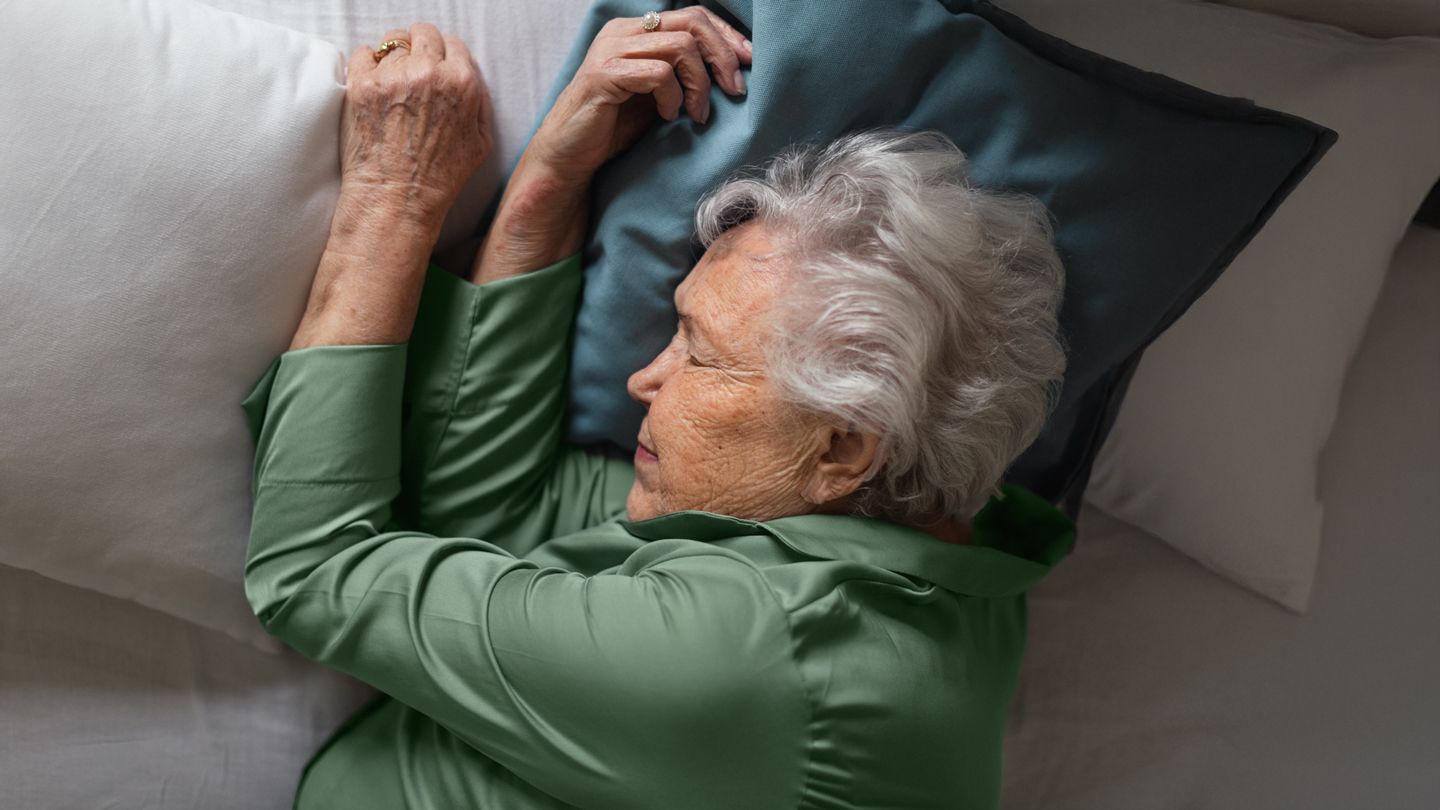“We have known for several years that good sleep can help prevent a heart attack,” says the senior study author, Cameron McAlpine, PhD, an assistant professor of cardiology at the Icahn School of Medicine at Mount Sinai in New York City. “However, it has been relatively unknown how a heart attack alters sleep and what role sleep plays in healing after a heart attack.”
Deep Sleep Increases After a Heart Attack
To get a better picture of how heart attack may influence sleep, researchers conducted lab experiments in which they induced heart attacks in some mice and left others alone. High resolution imaging and devices implanted in the mice recorded data on brain activity and sleep patterns.
When mice had heart attacks, they had a threefold increase in deep sleep with slow brain waves for about a week afterward, according to the study’s findings, which were published in Nature on October 30.
Right after inducing heart attacks in mice, scientists observed increased activity of immune cells called monocytes that can cause increased sleep, but saw no such activity in mice who were left alone.
To test the benefits of sleep after a heart attack, researchers then interrupted sleep for half the mice that had induced heart attacks. This increased inflammation and slowed recovery of those mice, in comparison with mice who had no disruptions to their sleep.
Researchers then confirmed these findings in some preliminary tests in small groups of people. They found that heart attack survivors had higher levels of monocytes in the weeks after the cardiac event. They also found that people who slept poorly in the four weeks after a heart attack were roughly twice as likely to have another heart attack as those who slept well during this period.
In previous research, scientists who studied a small group of healthy people found that those who slept well had more monocytes than those who slept poorly, underscoring the importance of these immune cells in sleep regulation.
What Are Other Ways Sleep Can Aid Recovery After a Heart Attack?
“During deep sleep, our heart rate and blood pressure lower, which allows the cardiovascular system to rest,” says Rachel Rowe, PhD, an assistant processor of integrative physiology and the director of the sleep, inflammation, and neuropathology lab at the University of Colorado in Boulder.
“Getting good sleep after a heart attack reduces the strain on the heart, which promotes cardiovascular recovery,” says Dr. Rowe, who wasn’t involved in the new study.
Tips for Getting Better Sleep
Heart attack survivors and healthy people can both benefit from good sleep hygiene, or habits designed to help them improve the quality and quantity of rest they get each night, says Matthew Pase, PhD, an associate professor in the school of psychological science at Monash University in Melbourne, Australia, who wasn’t involved in the new study.
“Adults should aim to get seven to nine hours of sleep,” Dr. Pase says. “The quality and regularity of sleep are also important.”
Pase recommends the following sleep hygiene practices to promote good sleep, which can work for anyone but would be especially important after a heart attack to aid recovery. These include:
- Stick to a regular schedule. Try to wake up and go to bed around the same time every day.
- Don’t work in bed. This should be a space for sleep, rather than work, email, or watching movies.
- Wind down as bedtime approaches. This means limiting bright light, caffeine, and alcohol in the evening hours.
- Save sleep for bedtime. Long daytime naps or dozing off on the couch in the evening can make it harder to fall asleep at bedtime.
Read the full article here




